BY NATALIE FIERTZ In a sharp reversal from nearly a decade of almost continuous improvement, Nicaragua has taken a sharp turn to rank as the third most-worsened country on the 2019 Fragile States Index (FSI). The eruption of mass protests (quelled only after months of violent crackdowns) has shaken the image of Nicaragua as an […]
Category Archives: Fragile States Index Analysis
Rumblings of Arab Spring 2.0
- Saturday, 06 April 2019 14:17
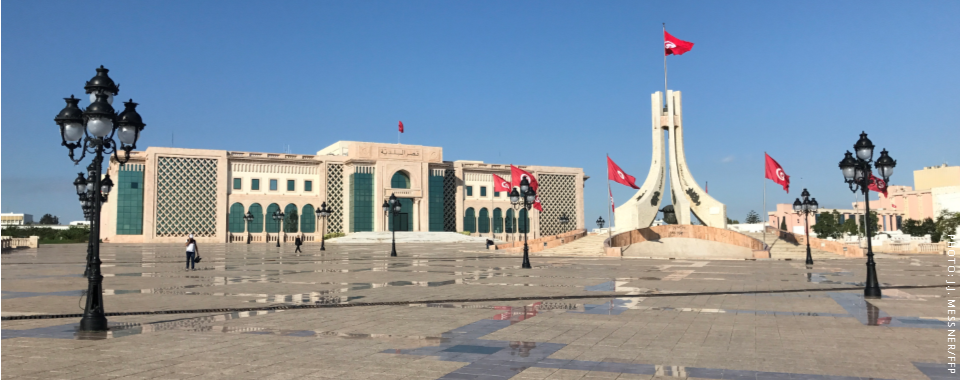
BY PATRICIA TAFT In late 2010, in a city in central Tunisia, a young street vendor named Mohamed Bouazizi set himself ablaze in a final act of defiance and frustration after police confiscated his wares on the street. While his protest may have been localized, the sentiment was not. After nearly three decades of falling […]
Understanding Resilience: The Case of Somalia
- Saturday, 06 April 2019 14:05
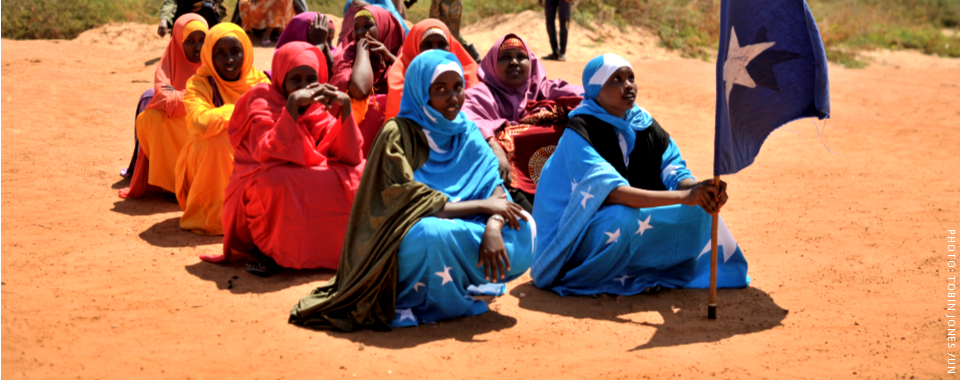
BY NATE HAKEN Global efforts at poverty reduction through infrastructure and institution-building have been an overwhelming international success, with poverty rates having dropped precipitously in the last twenty years. However, there is a glaring exception. In fragile states, with protracted or recurrent crisis, international and multilateral development efforts have not worked. In this “last mile”, […]
Ethiopia on the Rise
- Saturday, 06 April 2019 05:02
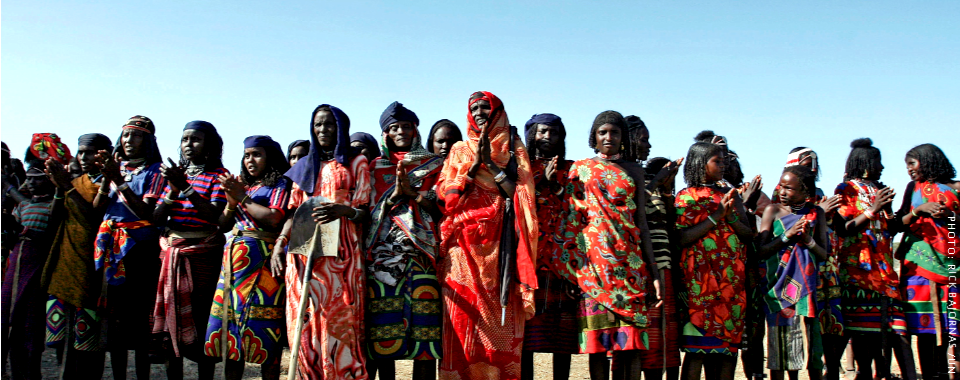
BY HANNAH BLYTH AND DANIET MOGES Ethiopia experienced a momentous year of political transformation in 2018. Despite a steadily worsening trend over the decade to 2017, Ethiopia is the most-improved country on the 2019 Fragile States Index (FSI). Improving by 5.3 points to a score of 94.2 in this year’s FSI, the country‘s performance could […]
Africa’s Islands of Stability
- Saturday, 06 April 2019 04:32
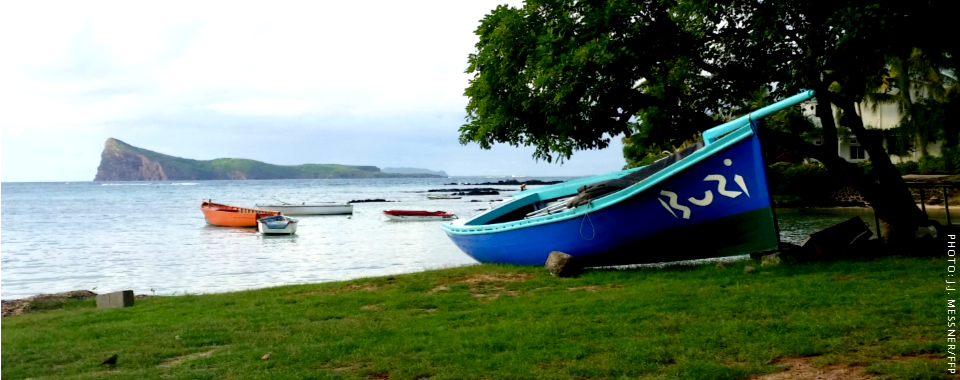
BY J.J. MESSNER “Mauritius was made first and then heaven … and heaven was copied after Mauritius.” So said Mark Twain in 1896 at a time when the small Indian Ocean island nation was under British rule (after having previously changed hands from the Portuguese, to the Dutch, and then to the French). At a time […]
The Caucasus Give Cause for Cautious Optimism
- Saturday, 06 April 2019 04:12
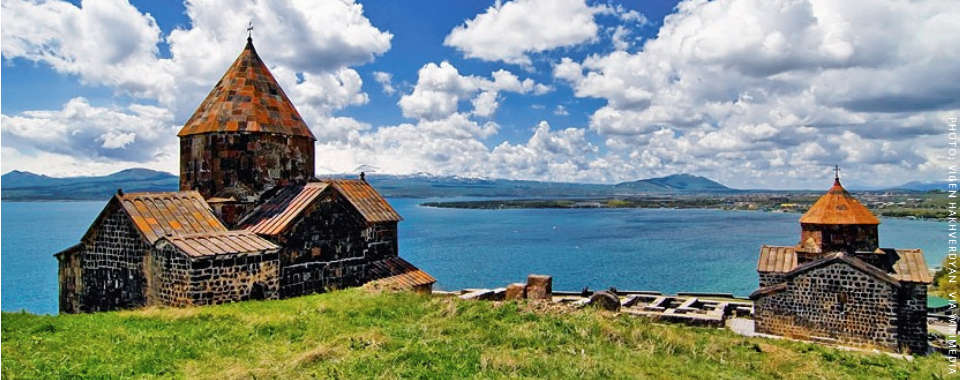
BY PATRICIA TAFT Straddling Europe and Asia, the South Caucasus has long been considered a region of strategic importance for past empires and modern-day superpowers. It is also a land where the echoes of the Cold War continue to play out decades after the collapse of the Former Soviet Union and the realignment of the […]
Breaking the Impasse in Togo
- Tuesday, 15 May 2018 14:33

Despite a limited democratic space in Togo, civil society and the political opposition have nevertheless managed to position themselves as a force to be reckoned with. In 2005, President Gnassingbé Eyadéma died after ruling the country for almost four decades. To succeed him, the military installed the late president’s son, Gnassingbé Faure, a move that triggered popular outrage and sanctions from the Economic Community of West African States (ECOWAS) and the African Union. This led to a swift return to constitutional order with elections held in April of the same year. However, political tensions then spiked again during the elections of 2010 and 2015 during which President Faure was reelected to second and third five-year terms in office, respectively. These spikes in pressure were clearly reflected in the annual trends in the Fragile States Index (FSI).
Nepal Enjoys the Dividends of Two Decades of Difficult Decisions
- Thursday, 10 May 2018 15:39

Over the past 20 years, Nepal has experienced a decade-long civil war, extensive constitutional and political reforms, and horrendous natural disasters that have affected over 6 million people. Nevertheless, Nepal has demonstrated remarkable resiliency throughout these challenges to emerge as the third most improved country in the world in the 2018 Fragile States Index (FSI). The country’s score improved by 3.1 points from the previous year, making this Nepal’s best-ever score in the FSI. In 2018, Nepal improved on nine of the twelve indicators, seeing marked improvements on economic, political, and foreign policy challenges.
Yemeni Civilians Continue to Incur the Cost of Regional Power Sharing
- Wednesday, 09 May 2018 15:19
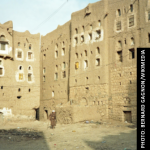
As the civil war in Yemen entered its fourth year, the humanitarian crisis in the country only worsened in 2017 with soaring levels of hunger and malnutrition, an unprecedented spread of cholera, and a widespread campaign of airstrikes on civilian communities. This led to Yemen scoring as the third-most worsened country in the 2018 Fragile States Index (FSI), and continued a long-term worsening trend that has seen Yemen rank as the fourth-most worsened country in the world over the past decade of the FSI, along with Libya, Syria, and Mali. The country has now worsened to become the third-most fragile state in the world.
